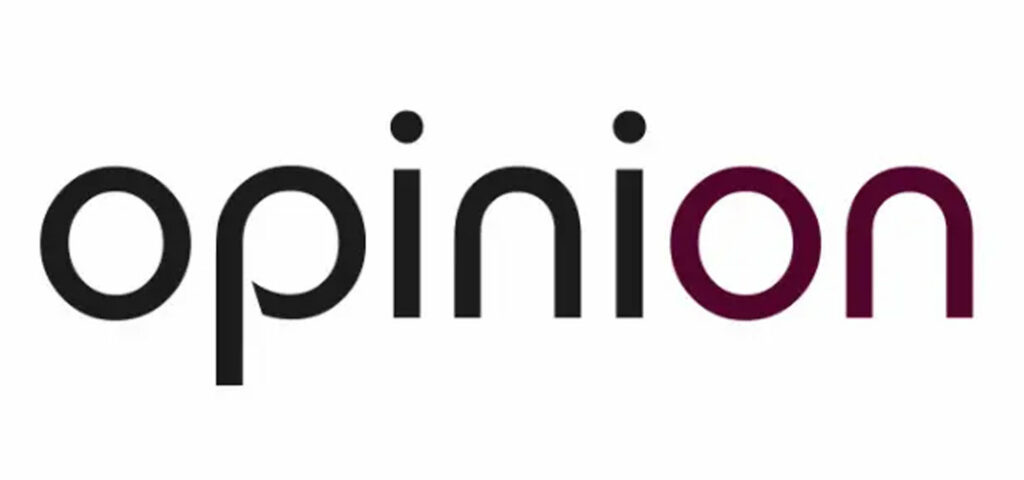


By Jerome-Mario Utomi
ASIDE from being perceived as backward and degraded, occasioned by crude oil exploration, exploitation and production, the Niger Delta region means different things to different people. To some, it is a region where communal right to a clean environment and access to clean water supplies is being violated. By its admission, the oil industry has abandoned thousands of polluted sites in the region which need to be identified and studied in detail. Aquifers and other water supply sources which are being adversely affected by industrial or other activities need to be recovered, while communities are adequately compensated for their losses.
To others, it symbolises a location where government employs non-participatory approach to development, a broad-based consultative approach that strips the people of the Niger Delta of sense of ownership over their own issues, where government and other Nigerians failed to see the problem of the region as a national one and not restricted to the region. To the rest, it is a zone where fierce war has been raging between ethnic and social forces in Nigeria over the ownership and control of oil resources. As a direct result, a long dark shadow has been cast on efforts to improve the wellbeing and economic development of the region’s peoples and communities.
However, looking at recent developments, particularly as it affects the region, it will not be hasty to say that the narrative is changing. Out of many, this piece will concentrate on two. First is the passage of the Petroleum Industry Bill, PIB, by both Houses after 17 years. President Muhammadu Buhari signed the bill into an Act on Monday, August 16, 2021. The Act provides legal, governance, regulatory and fiscal framework for the Nigerian Petroleum Industry and development of Host Communities. It contains five chapters, 319 sections and eight schedules.
The second development has to do with the recent declaration/revelation by Nigeria’s Vice President, Professor Yemi Osinbajo, in Lagos at the Gbaramatu Voice newspaper’s sixth Anniversary Lecture/Niger Delta Awards. Osinbajo told the gathering that the administration was determined to ensure the completion of all the critical projects it embarked upon in the region. The Vice President who was represented by Senior Special Assistant to the President on Niger Delta Affairs, Office of the Vice President, Mr. Edobor Iyamu, made a statement that can pass as a presentation of scorecard!!
He said the initiative is to address present energy demands and empower the Niger Delta people through promoting local content, noting that so far, three Modular Refineries have been completed. These are: the Niger Delta Petroleum Resources, NDPR, Modular Refinery in Rivers State; OPAC Modular Refinery in Delta State and Walter Smith Modular Refinery in Imo State; whilst there are several others at different stages of completion across the region.
The remediation exercise happening in Ogoni land, under the recommendations of UNEP, is another milestone the Vice President said the administration was proud of. The clean-up commenced in January 2019, with the handover of the first batch of sites to the selected remediation firms. A total of about 57 sites have so far been handed over to contractors by the Hydrocarbon Pollution Remediation Project, HYPREP, under the Federal Ministry of Environment. While stressing that the Ogoni clean-up is the first of its kind in the history of the Niger Delta to be handled by the Federal Government for remediation activities within the region, he added that the administration was equally committed to expanding infrastructure in the region.
He listed these to include the ongoing construction work on the 34-kilometre Bonny-Bodo Road/Bridge, which is a tripartite agreement between the Federal Government; Nigeria LNG Limited, NLNG, and Julius Berger Nigeria. When completed, the Bonny-Bodo Road/bridge, which was flagged off in October 2017, would connect several major communities and boost socioeconomic development in the region.
The other is the Itakpe-Ajaokuta-Warri Rail Line project, which was commissioned by Mr. President in September 2020, and has the capacity to handle both passengers and freight services. He said the Federal Government was also developing a number of deep sea ports across the region, including the Bonny, Warri and Ibom Deep Sea ports, among other development projects such as the establishment of Export Processing Zones to boost economic activities.
In 2018, the National Universities Commission, NUC, approved the commencement of undergraduate degree programmes at the Nigerian Maritime University in Okerenkoko, Delta State. President Buhari approved a N5 billion take-off grant to support the university, which happens to be situated in the great Gbaramatu Kingdom. The university currently has students spread across 13 undergraduate programmes in three faculties, namely: Transport, Engineering and Environmental Management.
Away from the Vice President’s comments to the recently passed/signed Petroleum Industry Bill, PIB. Chapter 3 of the Act makes far- reaching provisions for the Host Community’s development. The chapter, going by commentaries, demands that any oil prospecting licence or mining lease or an operating company on behalf of joint venture partners (settlor) is required to contribute three per cent to five per cent (upstream companies) and two per cent (other companies) of its actual operating expenditure in the immediately preceding calendar year to the host communities development trust fund. This is in addition to the existing contribution of three per cent to the NDDC.
Board of trustees and executive members of the management committee may include persons of high integrity and professional standing who may not necessarily come from any of the host communities. Available funds, it added, are to be allocated 75 per cent for capital projects, 20 per cent as reserve and five per cent for administrative expenses. Even as these developments appear alluring/welcoming, the truth must be told to the effect that the people of the region are particularly not happy with the paltry three to five per cent allocation to host communities by the new Act.
The post Changing narratives in the Niger Delta appeared first on Vanguard News.
0 Commentaires